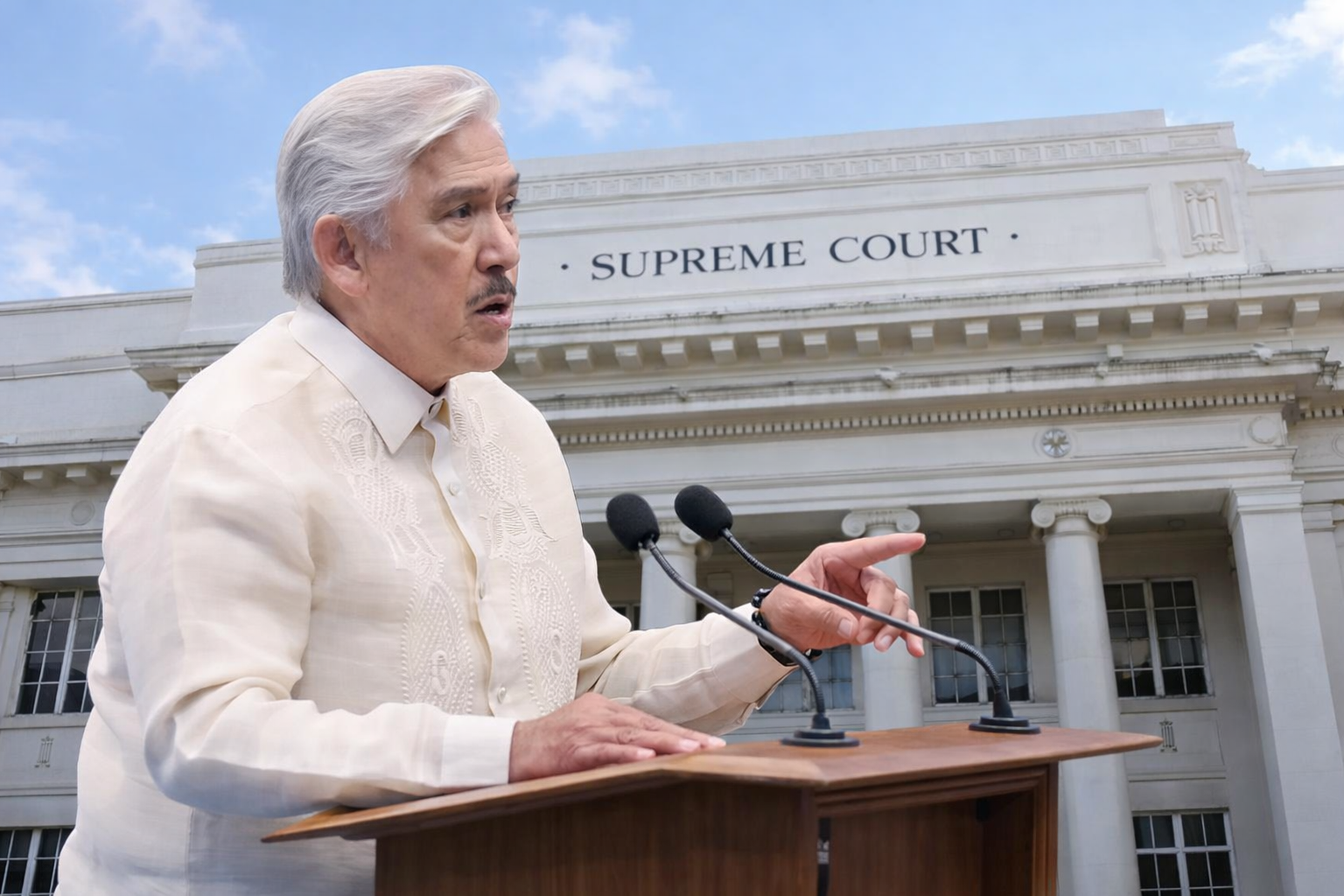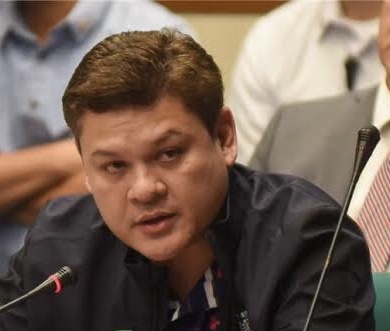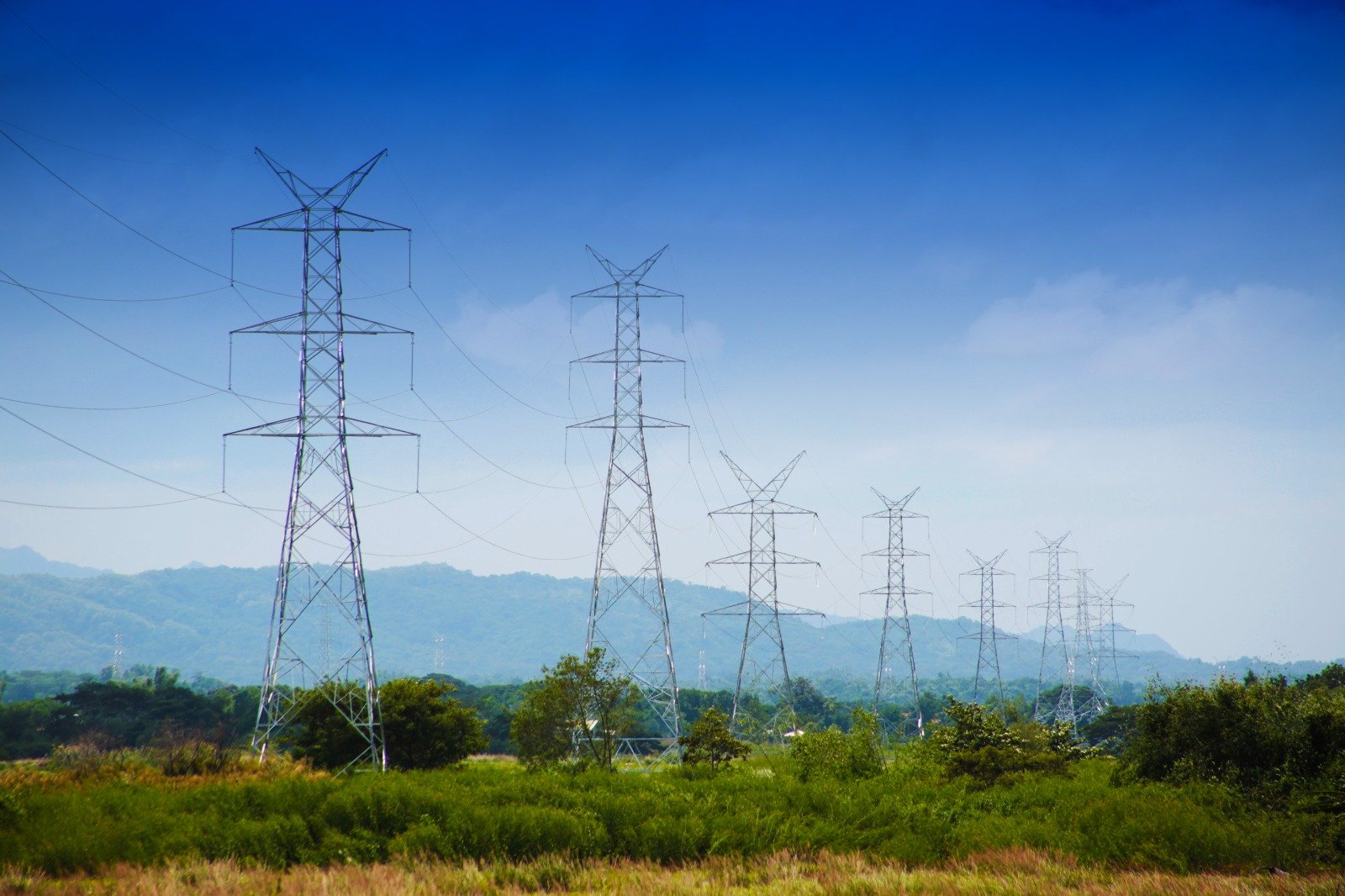Sen. Christopher “Bong” Go emphasized the need for sustained and well-targeted measures to support farmers and fisherfolk, following President Ferdinand Marcos Jr.’s 2025 State of the Nation Address (SONA), which outlined several agricultural priorities.
Go said programs to expand production, lower food prices, and invest in rural infrastructure must be designed to benefit producers on the ground. “Napakahalaga ng patuloy na suporta sa ating mga magsasaka at mangingisda, hindi lang sa panahon ng krisis kundi bilang long-term strategy para sa food security ng bansa,” he said.
As of June 2025, the Philippine Statistics Authority (PSA) reported that headline inflation rose slightly to 1.4 percent, up from 1.3 percent in May but still well below the Bangko Sentral ng Pilipinas’ (BSP) target range of 2–4 percent. Food inflation slowed further to just 0.1 percent from 0.7 percent in the previous month.
Meanwhile, the latest Social Weather Stations (SWS) national survey in April found that 20.0% of Filipino families experienced involuntary hunger, defined as going hungry and having nothing to eat at least once in the past three months.
The President’s speech noted a Php 113-billion allocation to scale up Department of Agriculture programs, and measures to prevent price manipulation by traders. Plans also cover livestock vaccination against African swine fever, expansion of production in rice, corn, pineapple, banana, mango, coffee, cacao, and onions, as well as the building of farm-to-market roads and irrigation systems.
Go welcomed the attention given to the sector but underscored the importance of ensuring these efforts also benefit farmer livelihoods. “Dapat siguraduhin na hindi napapabayaan ang mga nagtatanim nito,” he pointed out.
The senator also stressed that adequate rural infrastructure, financing, and technology are key to sustainable productivity. “Kapag sapat ang pasilidad, maayos ang patubig, at may puhunan, mas magiging produktibo ang ating mga magsasaka,” he added.
While government programs focus on expanded production, Go reminded that inefficiencies and unfair trade practices that adversely affect small scale farmers must be addressed.
Go has consistently pursued measures to uplift the agricultural sector and promote national food security. He is a co-author of Republic Act No. 11901, or the Agriculture, Fisheries, and Rural Development Financing Enhancement Act of 2022, which improves farmers’ and fisherfolk’s access to essential resources through stronger financial mechanisms.
He also co-sponsored and co-authored RA 11953, or the New Agrarian Emancipation Act, which relieves agrarian reform beneficiaries of their debt obligations, including interest, penalties, and surcharges—providing them a fresh opportunity to achieve economic stability.
Beyond these enacted measures, Go has filed Senate Bill No. 680, or the Post-harvest Facilities in Every Agricultural Municipality bill, mandating the construction of warehouses and rice mills in rice-producing areas in partnership with the Department of Public Works and Highways (DPWH), the Department of Agriculture (DA), and farmer cooperatives.
He also filed SBN 681, or the Fertilizer Subsidy for Farmers bill, which if passed aims to provide direct financial assistance to lower input costs, and SBN 673, or the Full Crop Insurance Coverage for Agrarian Reform Beneficiaries bill, which seeks free insurance coverage for smallholder farmers cultivating five hectares or less.
“Alagaan natin ang ating mga maliliit na mga magsasaka at mangingisda. Marami sa kanila ay isang kahig, isang tuka. Kung magugutom sila, magugutom din ang mga Pilipino,” Go concluded.





